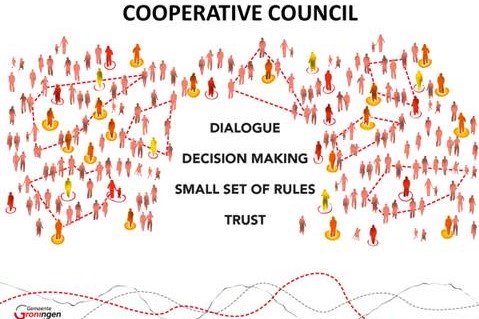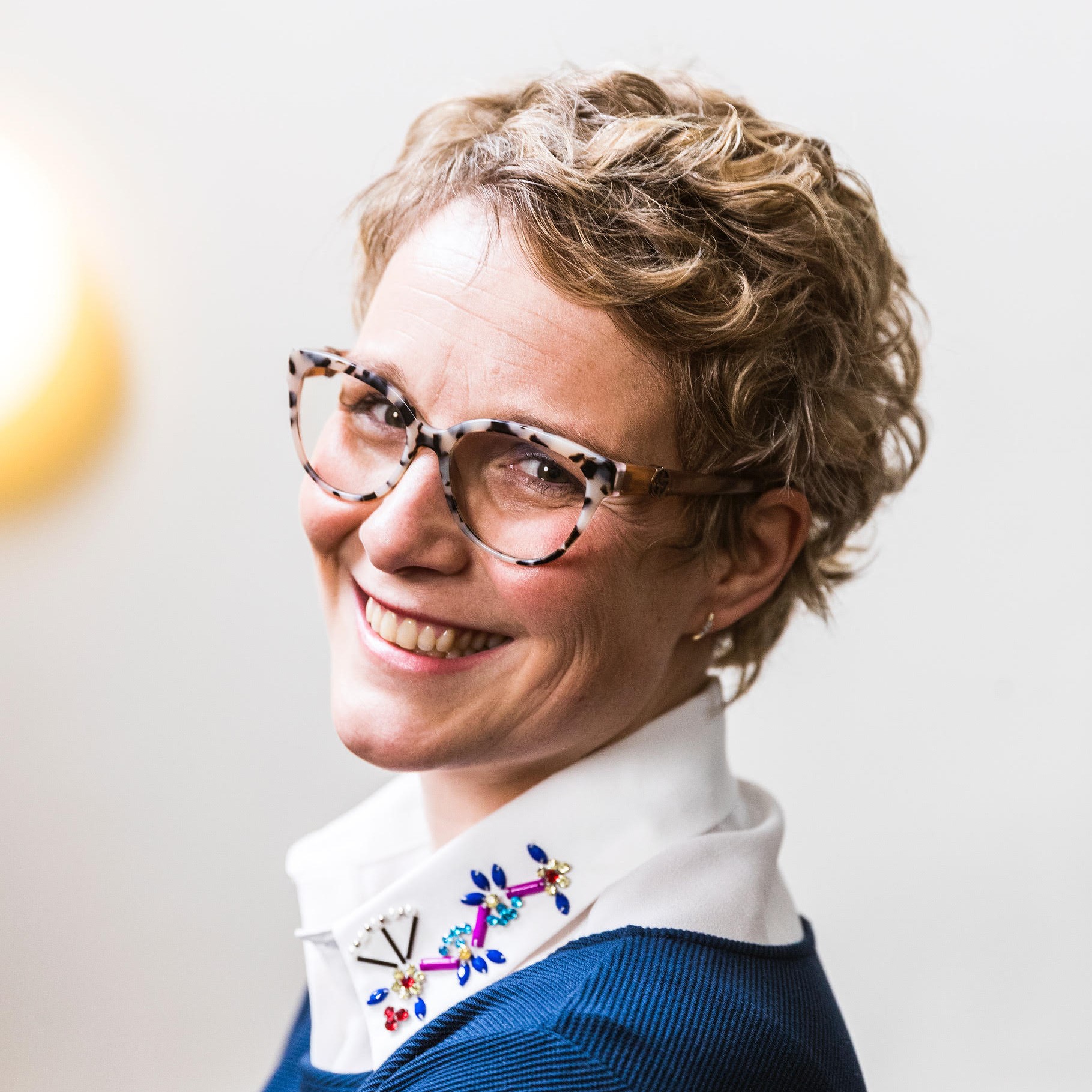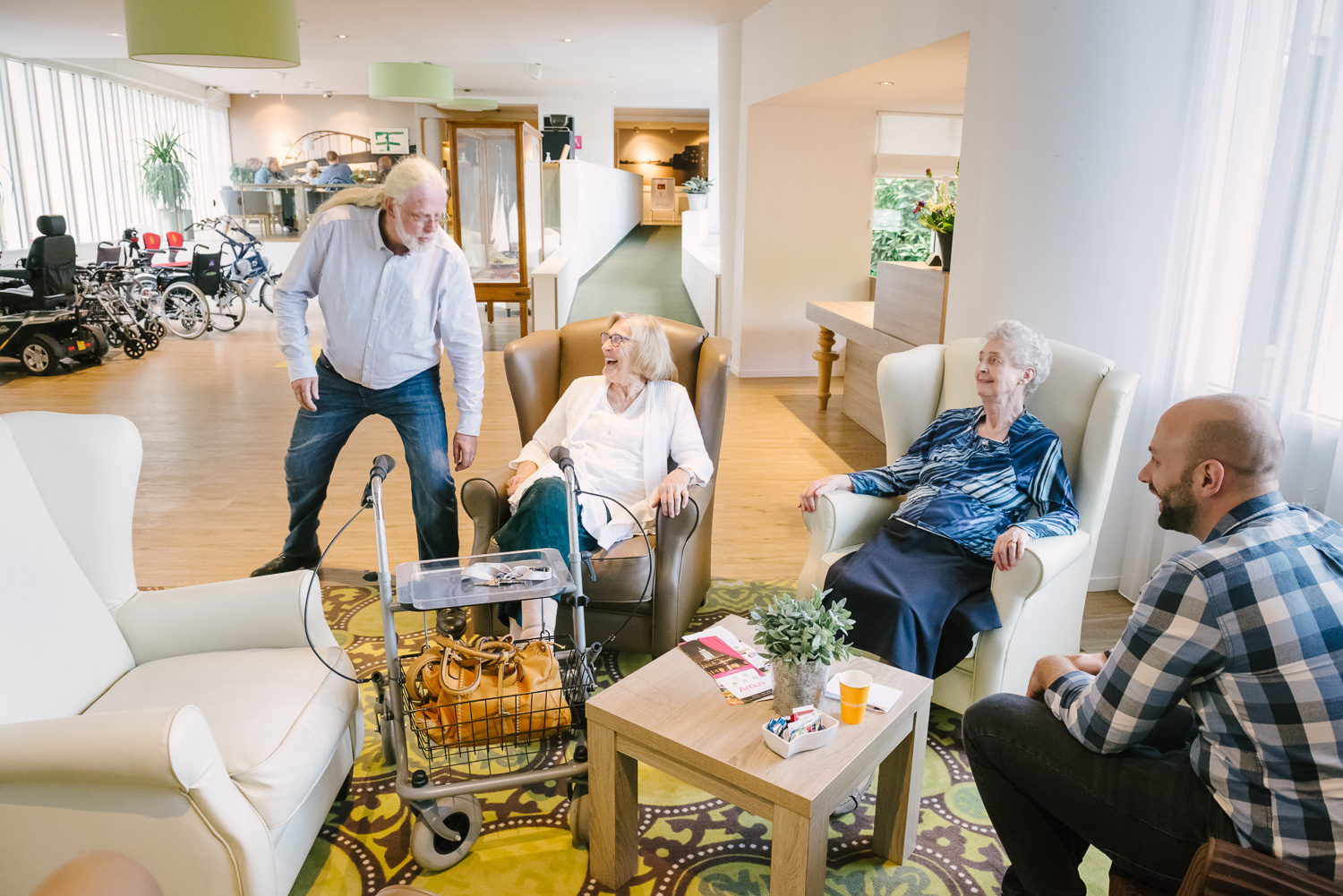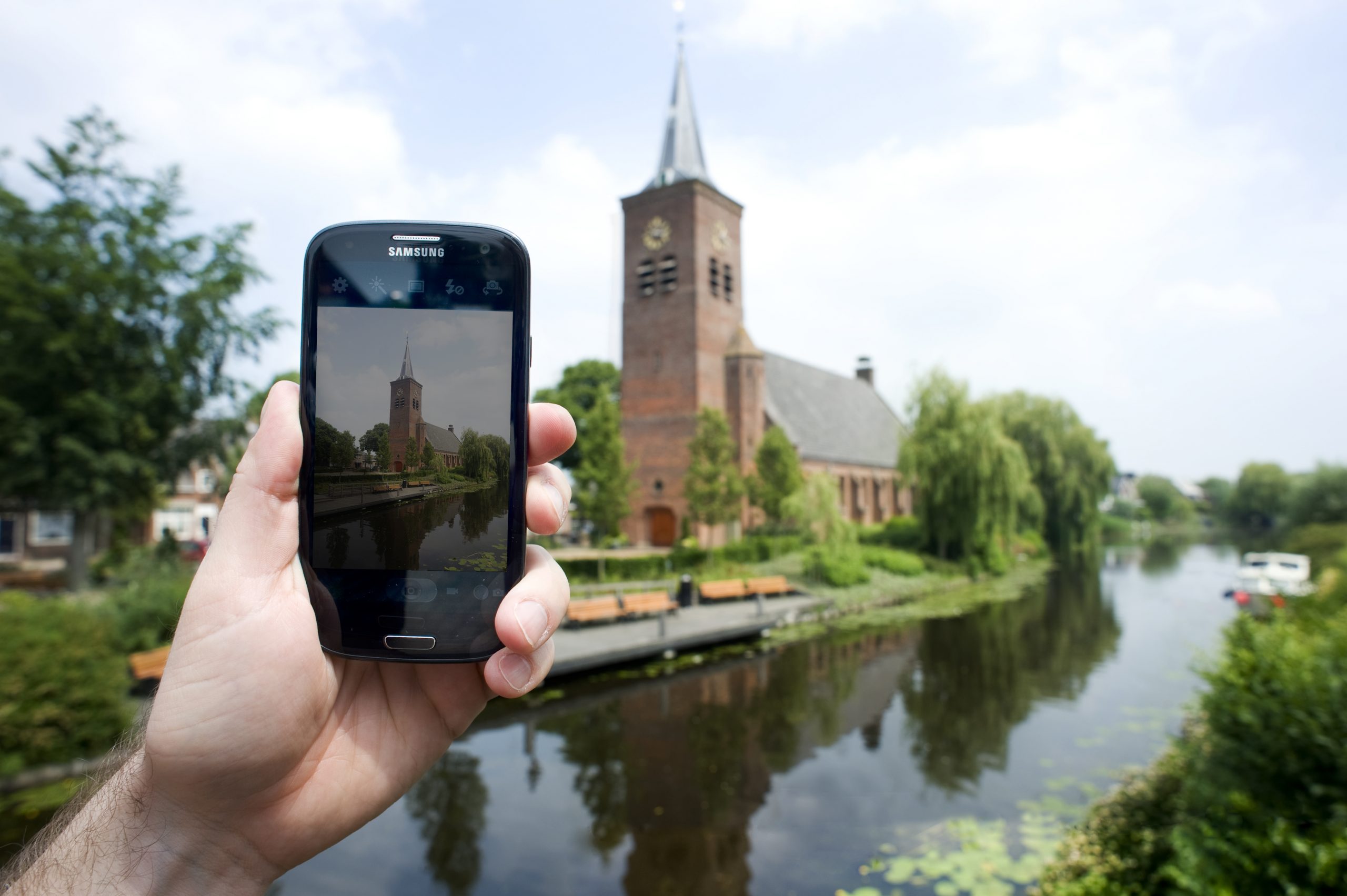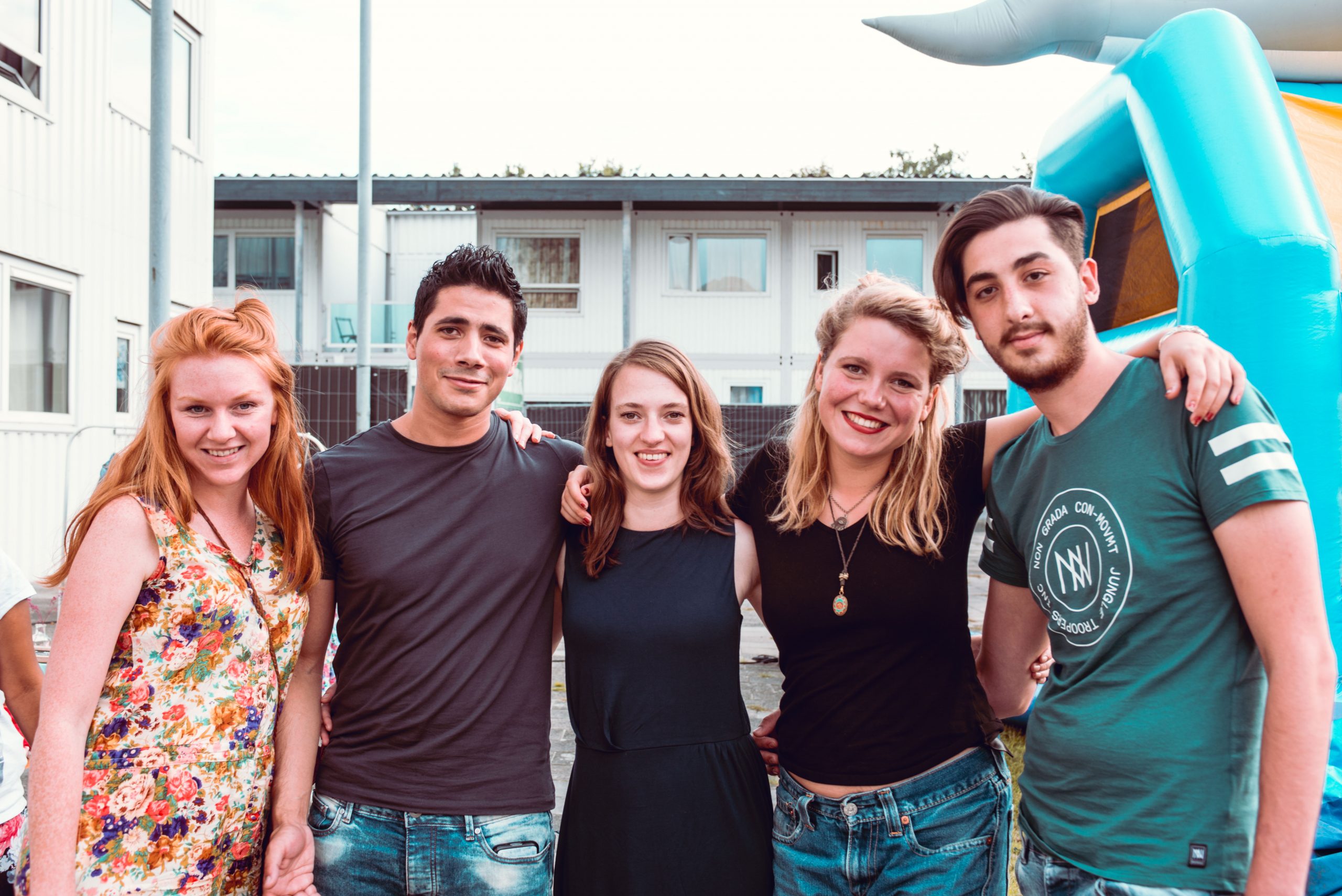Neighbourhood ambassadors and randomly selected citizens work with politicians to build trust between people and politics, connecting participatory and representative sides of democracy.
rebuilding TRUST BETWEEN POLITICIANS AND CITIZENS
Trust is one of the most essential values in life. It is impossible to connect, create, love, or develop without trust. As a politician, one meets many people over the years who do not have any trust in politics, politicians, or even in other people. That is the main reason the Cooperative Council in Oosterpark, Groningen, was conceived and realised. The primary goal was to rebuild trust between politicians and citizens.
REPRESENTATIVES AND VOTERS SHARE RESPONSIBILITY
This project has made a difference on various levels: by letting residents and city councillors sit shoulder-to-shoulder on the Cooperative Council, conversations took a positive turn. Sharing responsibility coloured the dialogue in a way that would not be possible without connecting participatory democracy (active citizens) with representative democracy (elected representatives). Citizens were randomly selected to encourage a variety of people to join. The Cooperative Council is monitored by the University of Groningen, which has found a collective rise in levels of trust, increased voting turnout, and indicators of a tighter-knit community.
NEW PERSPECTIVES ON POLITICS
Representation was as diverse as possible due to the implementation of a lottery, and also through 'recruiting' neighbourhood ambassadors – people that are trusted by their community. In Oosterpark, for example, the owners of the supermarket and the garage were onboard, conversing with and without politicians at local meetings. Politicians rang hundreds of doors to invite people who were then picked by lottery to participate. One lottery-selected citizen said, "I always thought that politicians were crooks. And now I got to know some of them, I see they're just like me: people with dreams and worries." This woman voted for the very first time this year. What is done here, changes how politicians and civil servants look at society, and the other way around, by broadening the perspectives on all sides.
